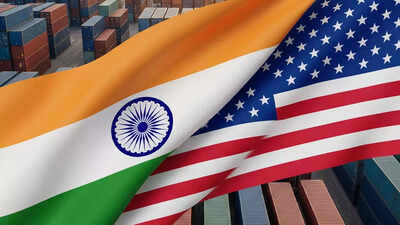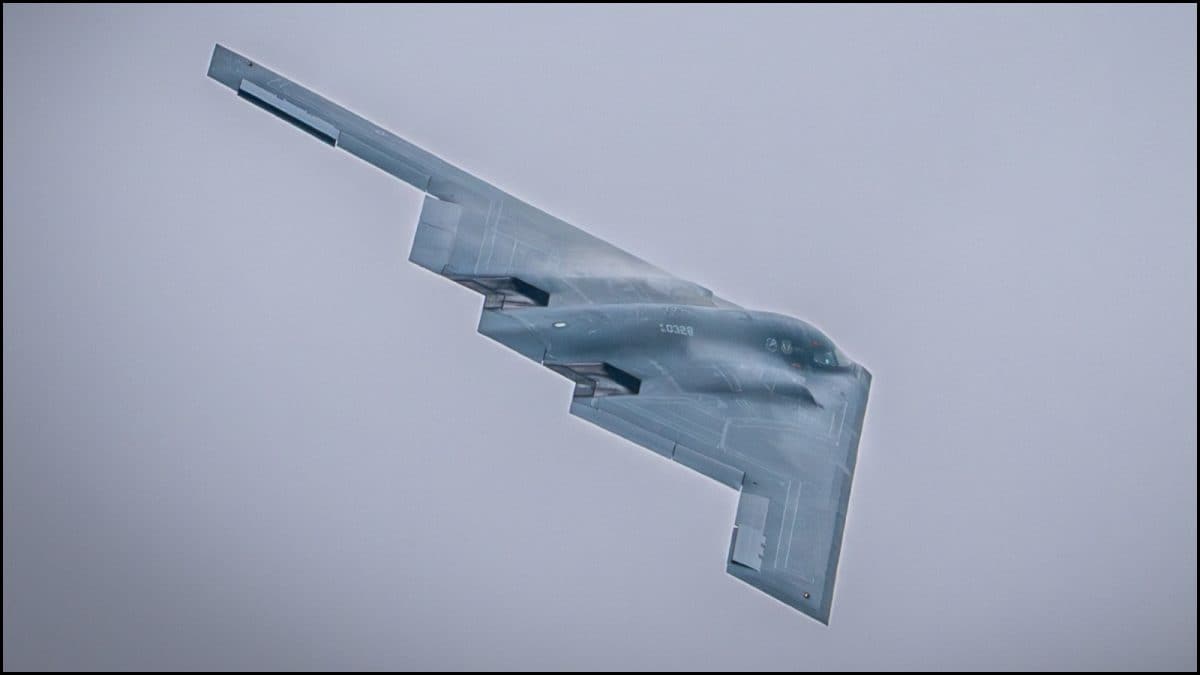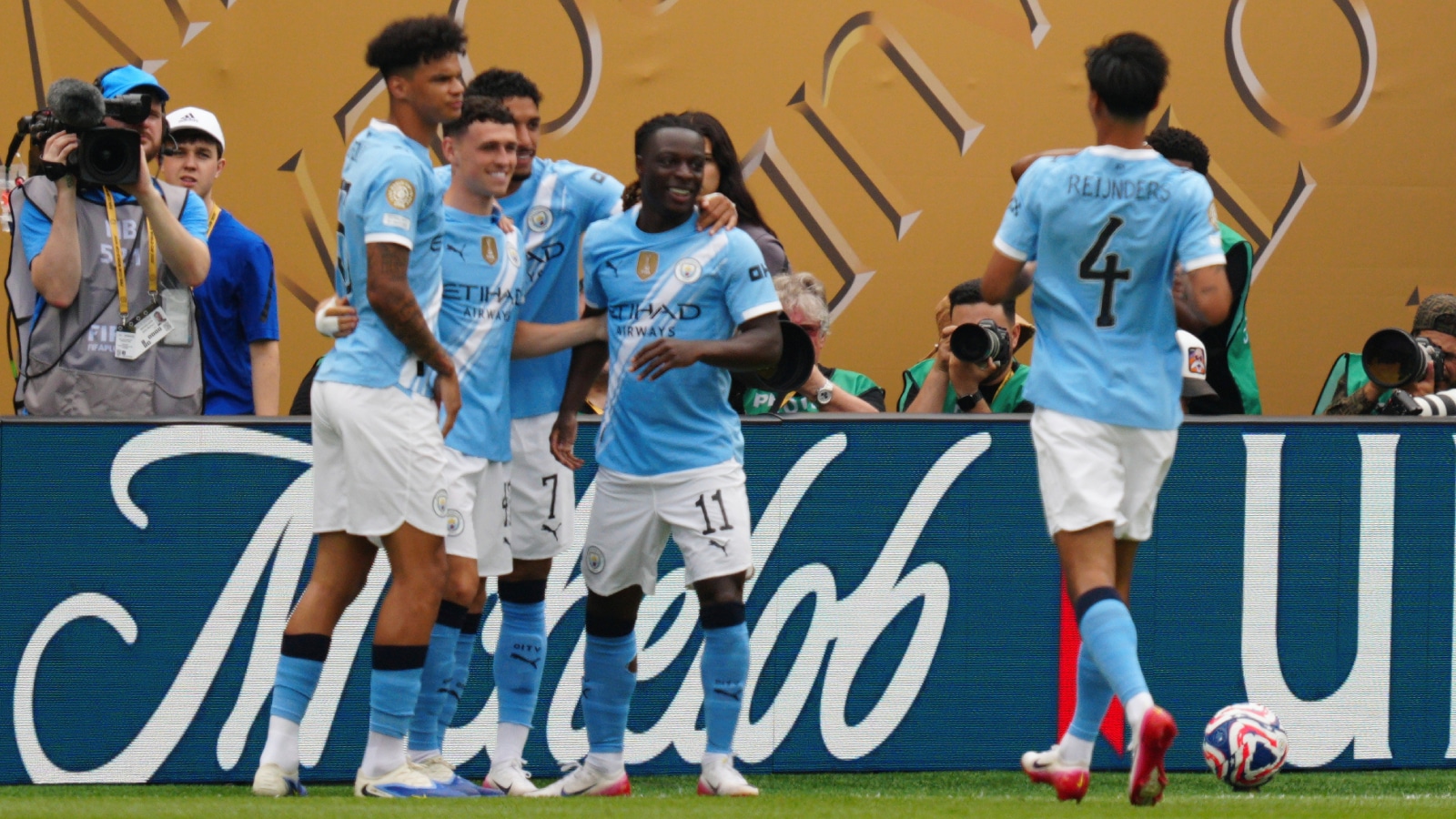ARTICLE AD BOX

NEW DELHI: With eight days to go for US to restart reciprocal tariffs, there appears to be a stalemate in India-US trade talks, with New Delhi hardening its position on offering duty concessions on agricultural products.Although the Indian team led by chief negotiator Rajesh Agarwal has stayed back in Washington for talks with American officials, the absence of a deal by July 8 will expose exporters to 26% reciprocal tariff. US president Donald Trump has indicated that an extension of the suspension is unlikely.The Americans are very keen to get India to lower duties on maize, soybean, dairy products, apples, and other fruits and nuts - a tough ask for the Narendra Modi govt, given the dependence of a large number of small farmers on these products, and the likely political noise over the concessions.
The govt has refused to open the agriculture and dairy sector as part of free trade agreements with Australia and the UK and has conveyed its reluctance to the European Union too.But the US has asserted that any deal without lower duties on agricultural products was not acceptable, even if the opening up was for limited quantities, known as quotas in trade parlance.

Even at 10% base tariff, Indian businesses will be better off than their competitors: Officials Indian negotiators are also worried that in return for concessions on automobiles and whiskey, they are not receiving sufficient benefits for products such as garments, home textiles, leather and footwear, engineering goods, and auto components.
In fact, there are fears that some of the auto parts and iron and aluminium items may continue to attract sectoral tariffs, which face additional sectoral tariffs of 25% or 50%, depending on the item.Despite the divergent positions, both sides are working on a mini-deal in the run-up to the first tranche of the bilateral trade agreement by Fall (Sept-Oct), the deadline set by Modi and Trump when they met earlier this year.During a meeting with exporters on Monday, commerce and industry minister Piyush Goyal did not completely rule out the possibility of a deal over the next few days, suggesting that sectors that may get left out in the first round should not lose hope as more items will be added later.While the Americans have virtually ruled out lowering tariffs to zero, at least immediately, officials have told exporters that even at 10%, which is the base tariff imposed by Trump, in case of a deal, Indian businesses will be better off than their competitors who will face reciprocal tariffs.Privately, several industry representatives have met the commerce department brass and suggested that India should agree to the demands from the Trump administration, but govt is keen to ensure that it is not a one-sided deal.For Trump too, showing success through agreements with countries such as the UK, China and India is critical to get the others to the negotiating table. Last Thursday, after the pact with China, the American president had announced that a "very big deal" with India was expected.



.png)
.png)
.png)
















 6 hours ago
5
6 hours ago
5









 English (US) ·
English (US) ·